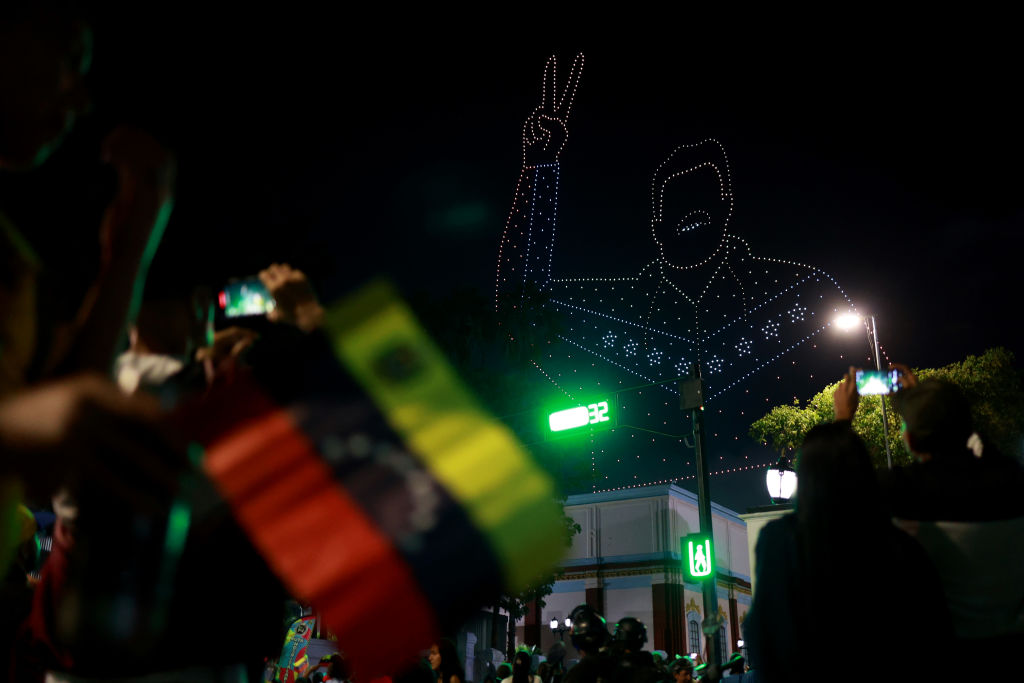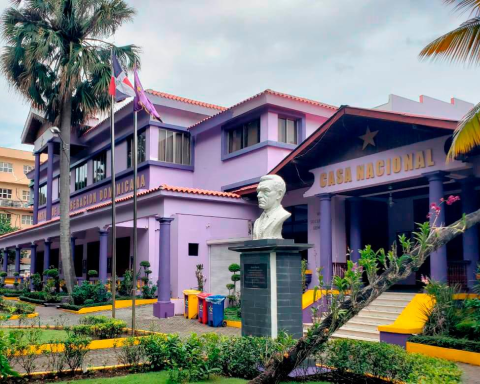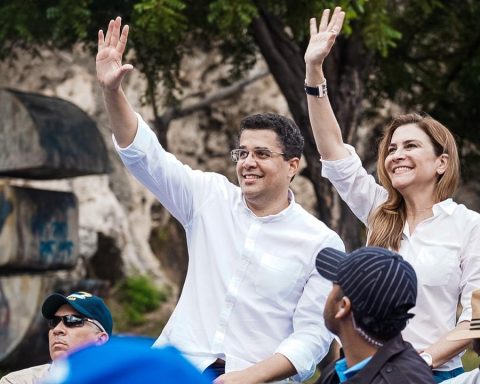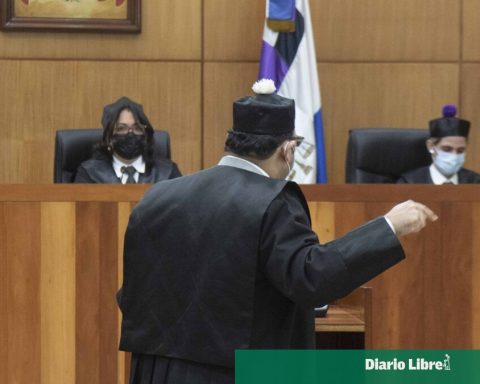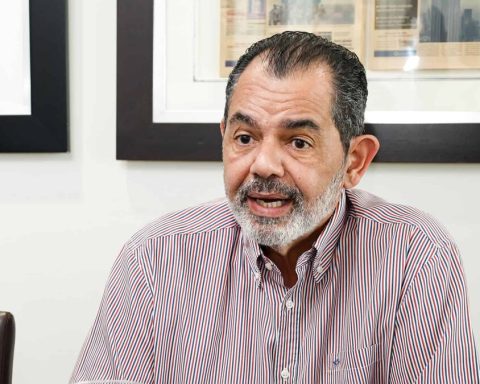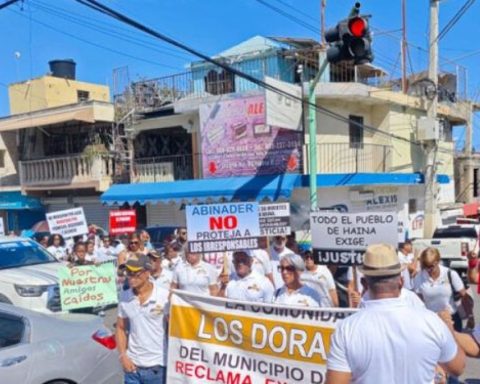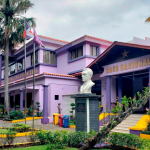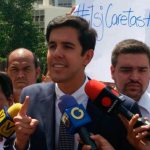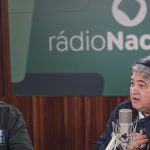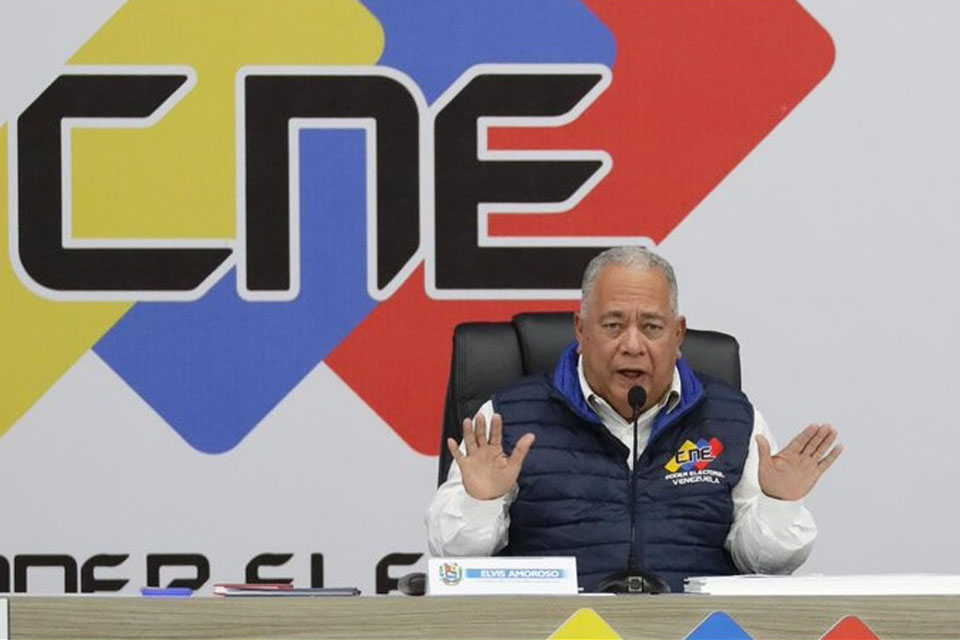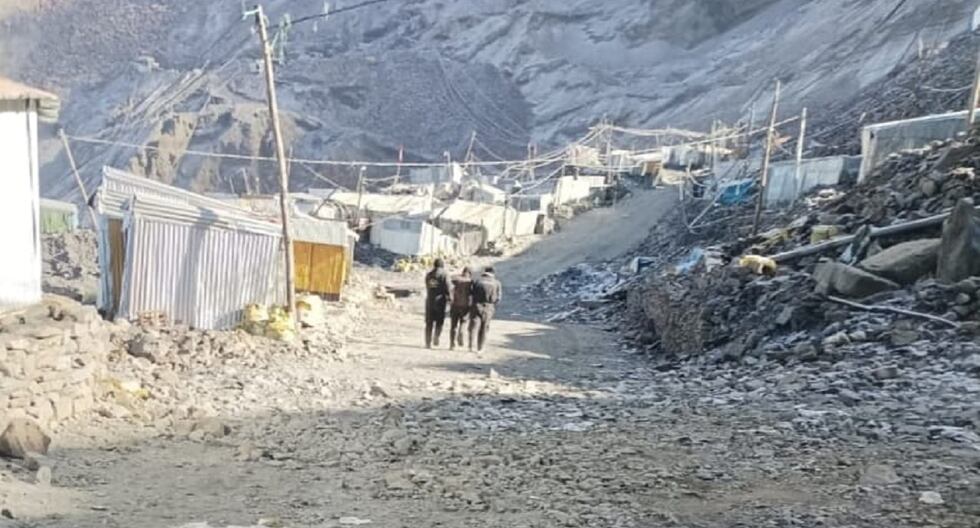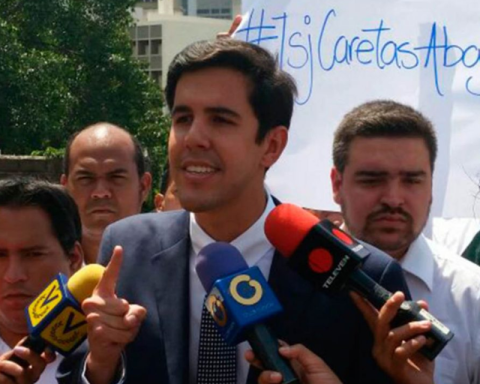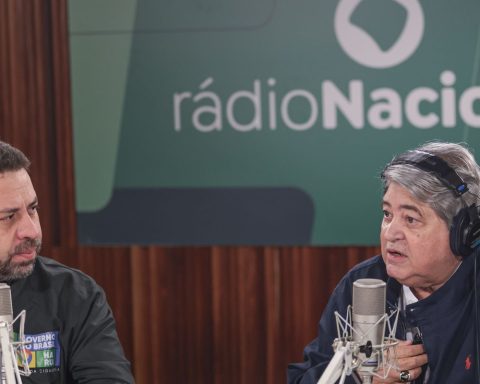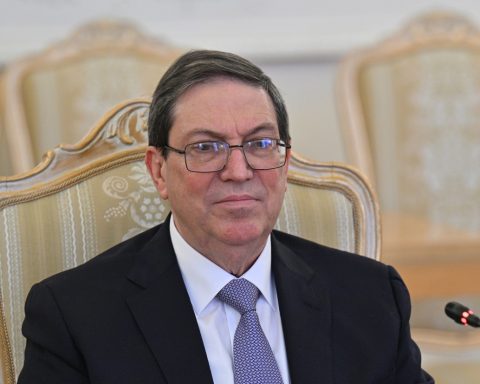In delivering the first bulletin, the president of the CNE denounced a hacking of the electoral transmission system
He National Electoral Council of Venezuela (CNE) declared the winner of the presidential election from that country to the candidate and current president Nicolás Maduro.
With 80% of the results transmitted, Maduro obtained 51.20% of the votes, while his main rival, Edmundo González, obtained 44.2%.
The opposition did not recognise the results and denounced irregularities in the electoral process.
According to the results presented, Maduro obtained 5,150,092 votes, while González Urrutia obtained 4,445,948 votes.
The president of the organization, Elvis Amoroso, asked the Attorney General’s Office to investigate an alleged attack on the data transmission system used in the electoral process.
With this result, which Amoroso describes as “irreversible”, President Maduro will be re-elected for a second time and will begin a third term at the head of the Executive Branch, which will run from January 2025 to January 2031.
Nominated by the United Socialist Party of Venezuela (PSUV), Maduro beat the main opposition candidate, Edmundo González Urrutia, of the Democratic Unitary Platform (PUD).
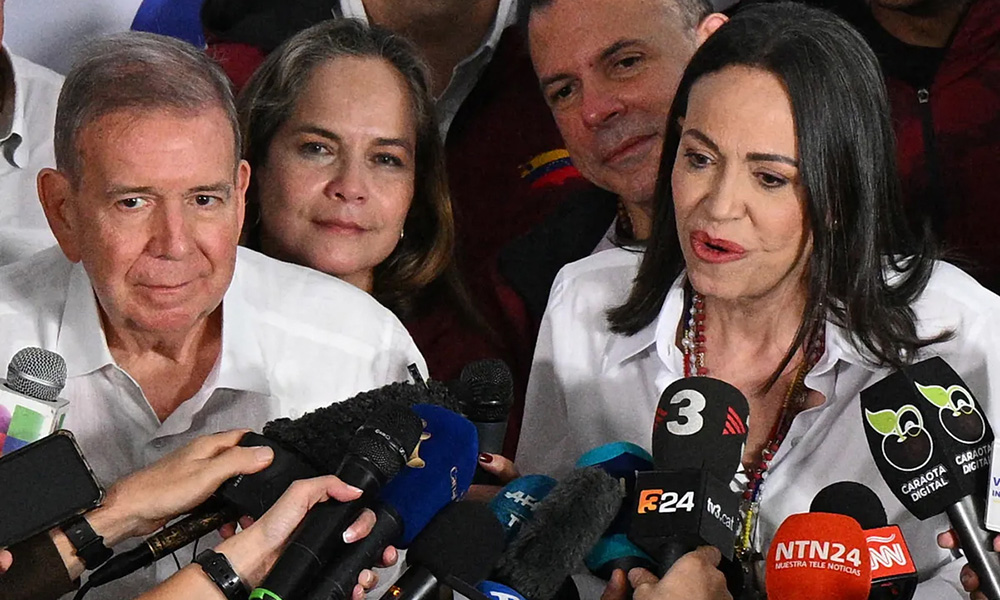
Maduro thanks
The victory of President Maduro represents the continuity of Chavismo in power, which came to Venezuela in 1999 at the hands of Commander Hugo Chávez Frías. In 2013, after the death of Commander Chávez, President Maduro assumed office, from which he has not left since.
Nicolás Maduro thanked God: “Thank you for giving this victory to this people who deserve it.”
Maduro argued that there are institutions in the country and in his first words he thanked God for the results.
“Thank you for giving this victory to this people who deserve it,” he proclaimed after emphasizing that “we were not born on the day of the cowards, of the lukewarm, of the timid, we were born on the day that the liberator gave birth to this country.”
He also complained about international sanctions against Venezuela and audits of the electoral process.
The results of this election day had not been predicted by the polls. A survey carried out by ORC Consultores and published in July indicated that González Urrutia had 59.68% of the voting intention, while President Maduro had 14.64%.
Chavismo has always rejected these predictions and claimed that they were part of a campaign aimed at preparing the ground for denouncing fraud once the results were in. Despite these numbers, Maduro declared himself confident of winning.
Opposition
Venezuelans anxiously awaited the results for several hours, when former legislator Delsa Solórzano, national representative of the opposition coalition before the electoral authority, denounced without showing evidence that the CNE had “paralyzed the transmission of minutes” and that in a “significant number of voting centers” their witnesses were being removed for the vote counting.
Shortly afterwards, Omar Barboza, executive secretary of the opposition coalition, said that the opposition had collected official voting records from 30% of the voting tables. “There should be no doubt if we want to act with the truth and in recognition of the popular will,” he said.
Meanwhile, supporters of the ruling party gathered in front of the presidential palace in Miraflores, where there was a festive atmosphere even before the results were known.
María Corina Machado asked her witnesses at the polling stations to remain present until they had the voting records in their possession and denounced problems in the transmission of data.
After the bulletin, Machado said at a press conference that Venezuelans had elected a new president, and that that is Edmundo González. She assured that the opposition won everywhere “and everyone knows it.”
He said that the announced data are intended to ignore the true results of the process.
Incidents outside polling stations
During the voting process there were clashes between supporters of the government and the opposition outside some polling stations, but the Minister of Defense said that the election day was “in perfect order.”
The Interior Minister dismissed the incidents, stressing that they were “minuscule” and did not affect the conduct of the election.
Lines of voters lined up outside polling stations hours before the polls opened, in a sign of the importance of the elections for the future of the country.
The opposition candidate expressed his satisfaction at the massive turnout of Venezuelans at the polling stations on Sunday, voting shortly before noon.
